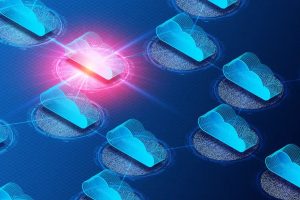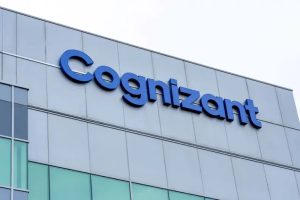Keppel Corporation, through its infrastructure division, has initiated a comprehensive project in partnership with the National University of Singapore (NUS), aimed at advancing the NUS Campus Sustainability Roadmap 2030 and contributing to Singapore’s Green Plan 2030.
This ambitious endeavor, announced on Monday, sets its sights on scaling sustainability measures across the entirety of the NUS campus in phased implementations. Additionally, Keppel intends to replicate the success of this project for third-party customers within Singapore and internationally.
Building upon a Master Research Collaboration Agreement penned between Keppel and NUS in April 2022, the project envisions NUS’s Kent Ridge campus evolving into a “low-carbon living laboratory.” This unique setup will serve as an incubator to ideate, trial, and expand commercially viable climate technologies and sustainability-focused innovations.
At the heart of this initiative lies the creation of a digital twin—an intricate digital representation of physical infrastructure. Leveraging advanced sensing technologies and modeling, this digital twin will facilitate the simulation and optimization of sustainability strategies and technologies.
A key highlight of this collaboration is the integration of an innovative alternating current/direct current (AC/DC) hybrid microgrid. This cutting-edge grid solution will seamlessly amalgamate various onsite and remote renewable energy resources, energy storage technologies, and intelligent electric-vehicle charging systems. The intent is to create an efficient and sustainable energy ecosystem within the campus premises.
Keppel’s partnership with NUS signifies a commitment to fostering sustainable innovation and aligning with Singapore’s aggressive environmental goals. This initiative not only aims to transform NUS into a beacon of sustainability but also seeks to offer scalable and replicable solutions that contribute to broader environmental objectives locally and globally.






















